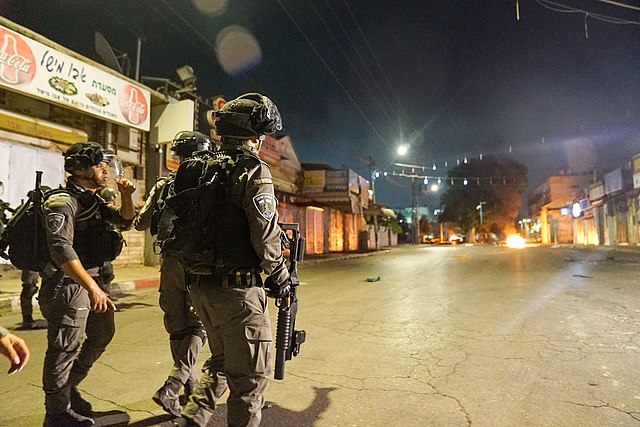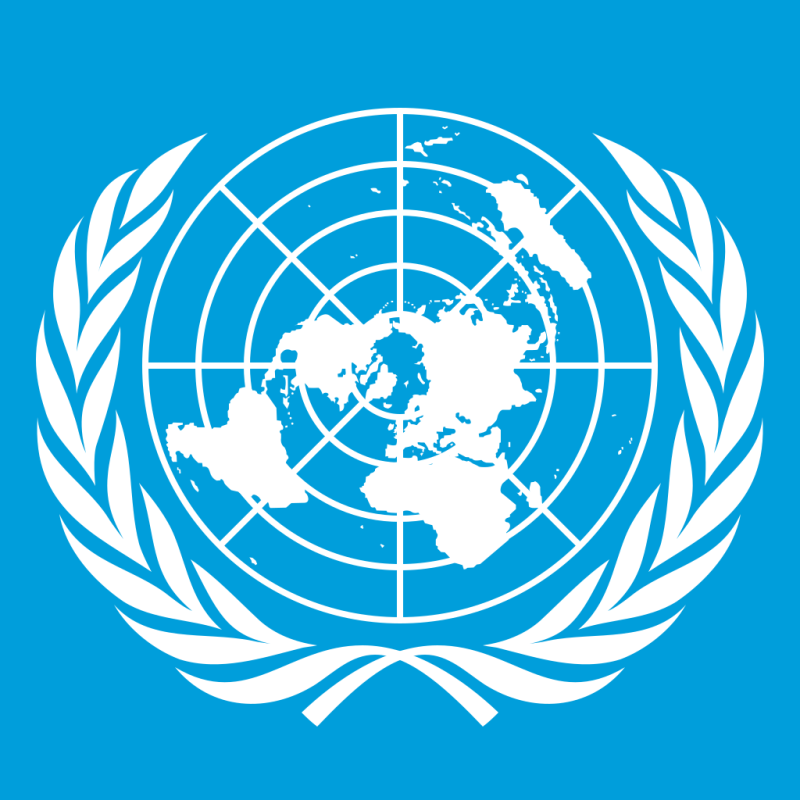Almost a year after the May 2021 Arab riots, Israeli-Arab terrorists radicalized by ISIS have murdered six Israeli citizens in two separate attacks in Beer Sheva and Hadera in one week. Last Tuesday, a Bedouin Israeli stabbed, rammed and murdered four Israeli citizens in Beer Sheva. Yesterday, two Arab citizens from Um al-Fahm opened fire on Border Police officers in Hadera. These attacks and the growing radicalization of Israel’s Arab population should come as no surprise to anyone who looks at May 2021’s Arab uprising.
The May 2021 Arab riots may be a historical turning point in the relations between Israeli Jews and the Arab minority. Throughout the country, thousands of Israel’s Arab citizens violently attacked Jewish institutions and property, symbols of Israeli sovereignty and Jewish civilians. This violent uprising happened as Israel fought an external war against the Hamas terrorist organisation in Gaza. The intensity and scope of the Arab uprising was unprecedented in recent decades, if not since the founding of Israel in 1948. For many Israeli Jews, the fact that masses of Arab Israeli citizens expressed open support for, and actively aided Israel’s enemies during wartime shattered an illusion of growing coexistence between Jews and Arabs.
Ten months later, the fear of another, bloodier round of Arab citizens opening up an internal front during wartime refuses to be swept under the rug. However, it seems that many in Israel, especially among the Israeli left, refuse to acknowledge that the May 2021 riots were an Arab nationalist revolt against the State of Israel. While civil issues such as discrimination or economic disparities may have had a secondary role in Arab anger, the cries that accompanied the rioters were ‘With fire and blood, we shall redeem Palestine’ and ‘slaughter the Jews’. No sovereign state can tolerate a hostile and violent irredentist movement within its borders. This article examines why the May riots should have been a wake-up call to Israeli society and why, so far, they have not been.
THE DISINFORMATION CAMPAIGN
In a recent piece in the English language +972 magazine and its Hebrew equivalent Local Call, Meron Rapoport characterised the ongoing interest in the May 2021 riots as ‘the Israeli right’s renewed war on Palestinian citizens’. In this telling, following the failure to annex areas of Judea and Samaria as part of President Trump’s ‘Deal of the Century’, the Israeli right has turned to a new enemy to harass and oppress: Israel’s Arab citizens. According to Rapoport, Israel’s Arab citizens have made important advances in terms of economics, education and political achievements, threatening the Jewish dominance upheld by the Israeli right. To counteract these civil achievements, the Israeli right has latched on to the May riots to beat down Israeli Arabs. Writes Rapoport:
There is little doubt that the right has used the violence of both Arab and Jewish rioters in the so-called mixed cities of Lydd, Ramle, Acre, and Jaffa to present all of Israel’s Palestinian citizens as ‘the enemy within.’ In this sense, the aim of the Zionist fundamentalists is as blatant as it is straightforward: to instigate violence between Arabs and Jews within Israel proper, or, more precisely, to instigate conflict between the state and its oppression mechanisms on one hand (especially the army and police), and its Arab citizens on the other — not remotely metaphorically, but in the very immediate, physical sense.
In this ahistorical retelling, Israeli Arabs are passive victims while ‘Zionist fundamentalists’ (a euphemism for mainstream Israelis) are the culprits. À la Rapaport, the dozens of synagogues torched in Lod, Jaffa Arabs cracking the skull of an IDF soldier, assaults on Jewish schoolchildren in Akko, and Bedouins setting up roadblocks along a major highway to lynch Jews are all besides the point. Arabs have no agency – the story here is Israeli (i.e. Jewish) racism.
Another attempt to rewrite May’s events and shoehorn them into the cookie-cutter story of Israeli racism and Arab innocence can be found in the recent booklet released by the Van Leer Jerusalem Institute entitled ‘Fire in a Field of Thorns: Essays on Violence and Solidarity‘. In the aftermath of the riots, the Van Leer Institute organised a roundtable of left-wing and anti-Zionist activists and figures to analyse the events from ‘a critical perspective’. The booklet suffers from the usual impenetrable academic jargon and buzzwords, such as ‘structural-cum-symbolic amplification’, ‘anarchisation’ and ‘overdomination’. However, the message is sympathetic. One essay refers to the violence as ‘a pastime for enraged youth‘, while another lauds the ‘return of the Palestinian spirit‘. The writers point to the usual culprits of gentrification, the breakdown of the peace process, economic disparities between Jews and Arabs and the entry of religious Jews (Garinim Toranim) into mixed cities. Even when irredentist nationalism is acknowledged, it is done in positive terms as a form of ‘resistance’.
First published in Fathom Journal (“Israel Needs to Talk about the Arab Riots of May 2021”, March 2022)




